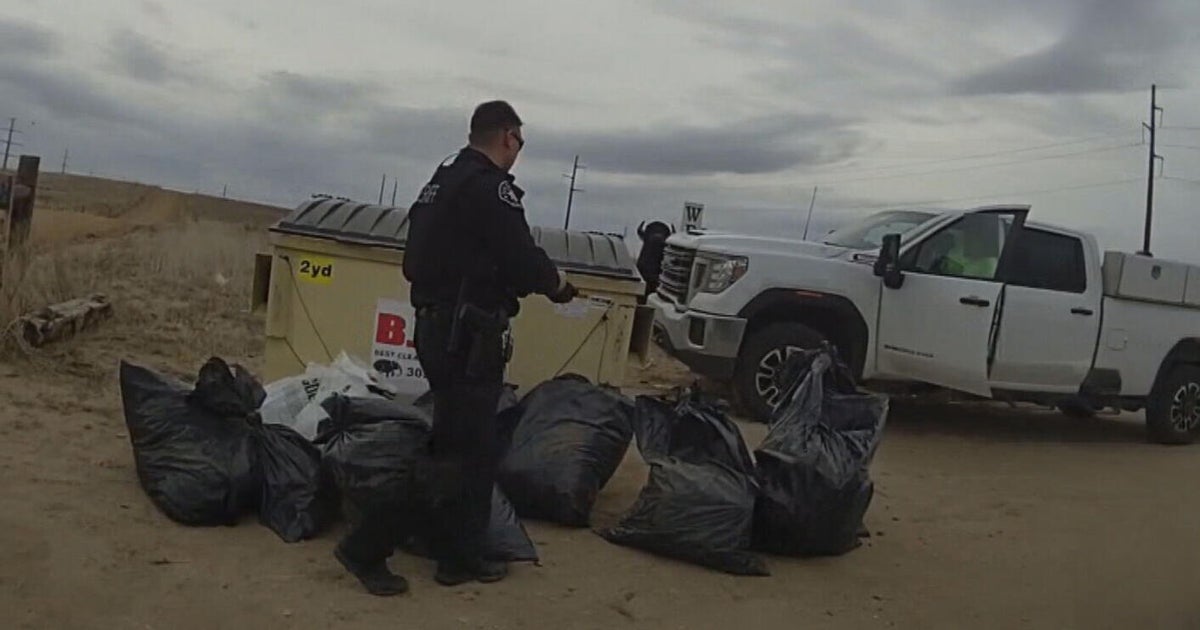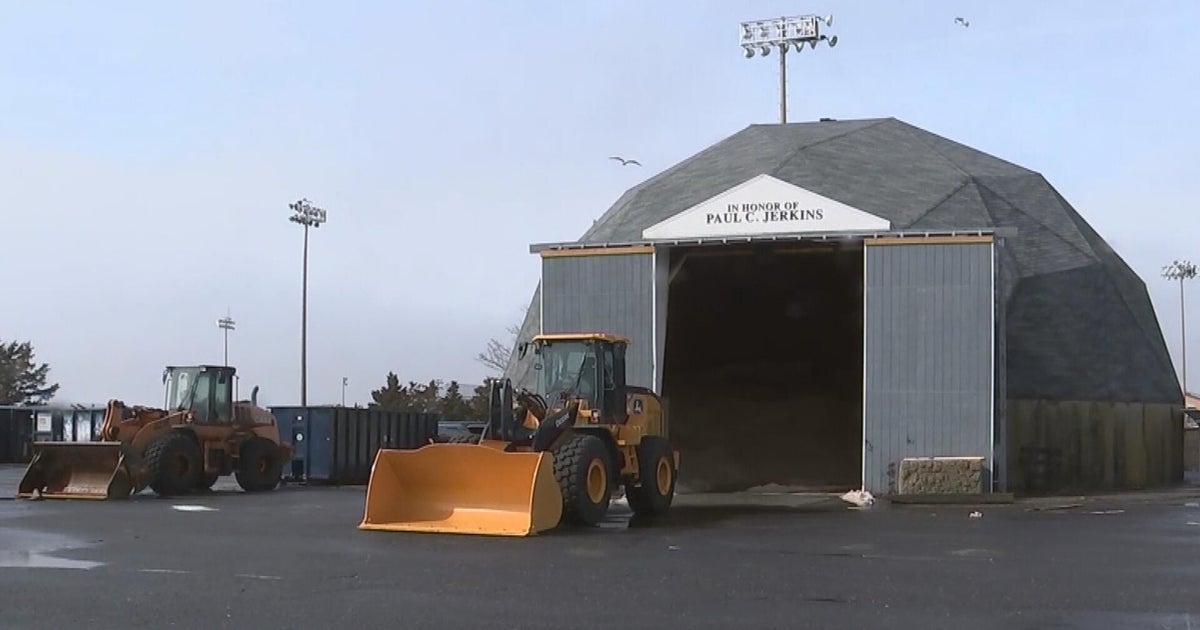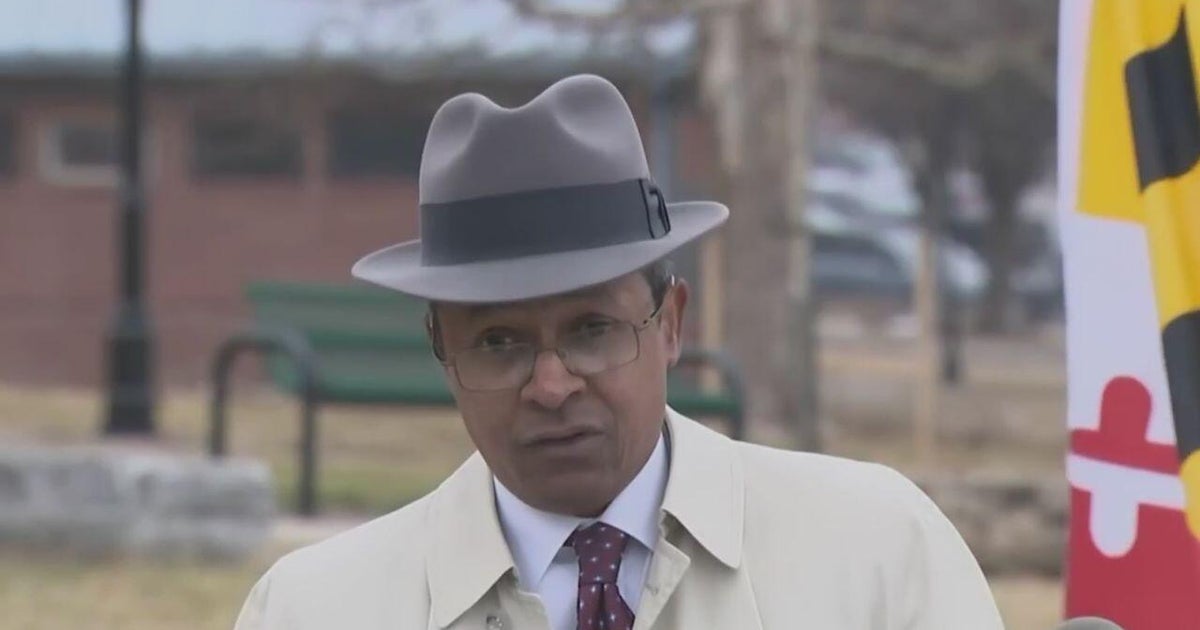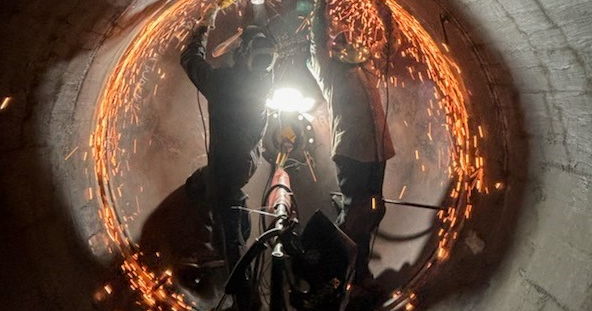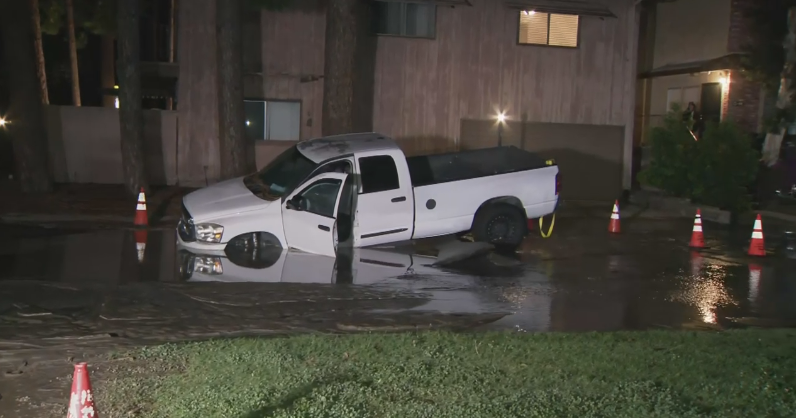Wages, Marijuana, Polluted Water All On Md. Agenda
ANNAPOLIS, Md. (AP) -- Decriminalizing marijuana, raising the minimum wage and adjusting the fees paid to contain polluted stormwater are all likely to find their way into debates during this year's legislative session.
Further complicating the discussions over such divisive topics is that they will arise during an election year. And not just any election year. This year, the filing deadline for candidacies falls in the middle of the 90-day session; the primary will take place earlier than usual, in June; and there is a governor's race to replace a term-limited incumbent.
Possible adjustments to the fees now levied on taxpayers to keep polluted stormwater out of the drinking water and off the beaches promises to be one of the most-prominent topics of the session, which starts Wednesday.
Senate President Thomas V. Mike Miller and House Speaker Michael Busch agree at least on this much: The fees designed to help fight pollution by investing in storm drain infrastructure are here to stay as part of following federal clean water regulations. The practical questions will relate to whether there should be any changes to the current law.
Miller, D-Calvert, would like to see some changes to the law to make its implementation more uniform in the state's nine largest counties and the city of Baltimore, the only places where the fees are in effect. Miller said some nonprofits are getting hit especially hard in some of the jurisdictions. Big differences in fee amounts also exist from jurisdiction to jurisdiction.
"There needs to be some degree of uniformity ... in terms of implementation, but at the same time recognizing there's got to be some ease in terms of the nonprofits who are performing charitable work," Miller said.
Busch, D-Anne Arundel, underscored that local governments were given the chance to decide how the fees would be implemented, and he questioned why the matter would need to be revisited.
The speaker also questioned why local officials in Anne Arundel County would not see the need for greater investments in stormwater management, since county beaches were closed six times last year due to pollution rendering the water unsafe for swimming.
"You'd think that they would be one of the ones first at the altar, if you will, to make sure this plan stays in effect," Busch said.
Maryland Republicans are backing legislation to repeal the fees. Del. Nic Kipke, R-Anne Arundel, said Maryland residents have been hit with numerous tax and fee increases in the past seven years.
"We believe that Marylanders are tapped out," said Kipke, the House minority leader.
Lawmakers also appear likely to raise the state's minimum wage, which is currently $7.25. Gov. Martin O'Malley has expressed support for increasing it. Still, lawmakers say decisions by Maryland's largest counties to raise the minimum wage on their own have complicated the overall picture. Busch has suggested the possibility of creating a baseline increase, making it clear counties can go above that amount.
Criminal justice issues also are expected to get considerable attention.
A ruling by Maryland's highest court requiring poor defendants to have an attorney at initial bail hearings poses a potentially expensive problem for the state. Miller and Busch both expressed hopes that the ruling could be reviewed and reversed. If not, implementation would come with a price tag of at least $30 million.
"I don't think the decision is going to be allowed to stand, because it makes no sense whatsoever," Miller said, adding that no other court system in the nation has such a requirement.
Nevertheless, Miller said lawmakers will likely take up some changes to the bail review system, so that people charged with misdemeanors are not held in jail.
Lawmakers also will be weighing how to address contraband corruption problems at the antiquated Baltimore City Detention Center. A panel of Maryland lawmakers has recommended a plan to spend more than $533 million over 10 years to rebuild it.
"Ultimately, someone is going to have to face the daunting task of finding the funds to build a new detention center," the speaker said.
Decriminalizing marijuana will likely be another topic of legislative discussion. Last year, the Senate passed a bill to decriminalize small amounts of marijuana. The legalization of marijuana in Colorado and Washington state will help bring attention back to the issue in Maryland.
"I not only favor decriminalization, I favor a step toward what Colorado did, but phased in so that we understand exactly what we're doing and so that it's appropriately regulated and taxed," Miller said.
The speaker, who supported allowing medical marijuana in Maryland with the tight oversight, said he's reluctant to support legalizing marijuana more broadly.
(Copyright 2013 by The Associated Press. All Rights Reserved.)
